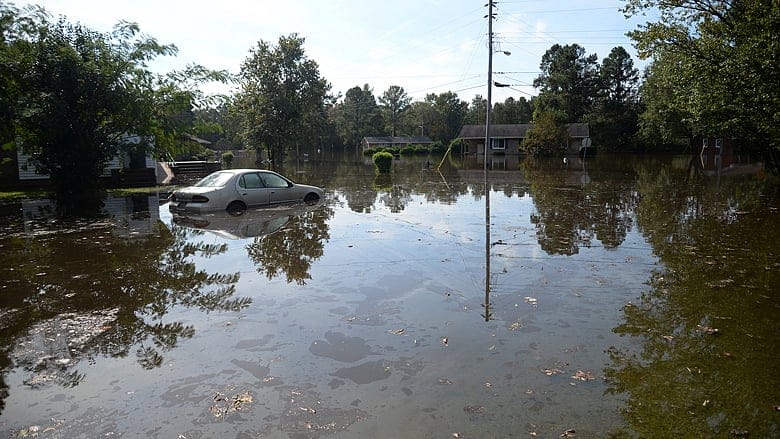For disaster recovery, the best knowledge is local knowledge

As residents all along the Southeastern coast start to put their lives back together after a devastating visit by Hurricane Matthew, these communities will face unique challenges. Not surprisingly, the calls for billions of dollars in federal government aid are already coming out loud and clear. In states affected by storms, government is often thought of as the only answer to reconstruction. However, research on the aftermath of natural disasters reveals that more often than not, local residents are better-suited to efficiently address these challenges than government on the local, state and federal levels.
Even if the federal government could increase the funding to help these communities above and beyond the $5 billion available in FEMA's disaster relief fund, the money would have to come from an omnibus bill passed by Congress in a lame-duck session, meaning it could be months before they receive an increase in funds. Even if Congress were to approve unlimited funds for rebuilding, it would most likely be surrounded by the type of bureaucracy that benefits a few while undermining true recovery of getting people back into their homes and communities.
